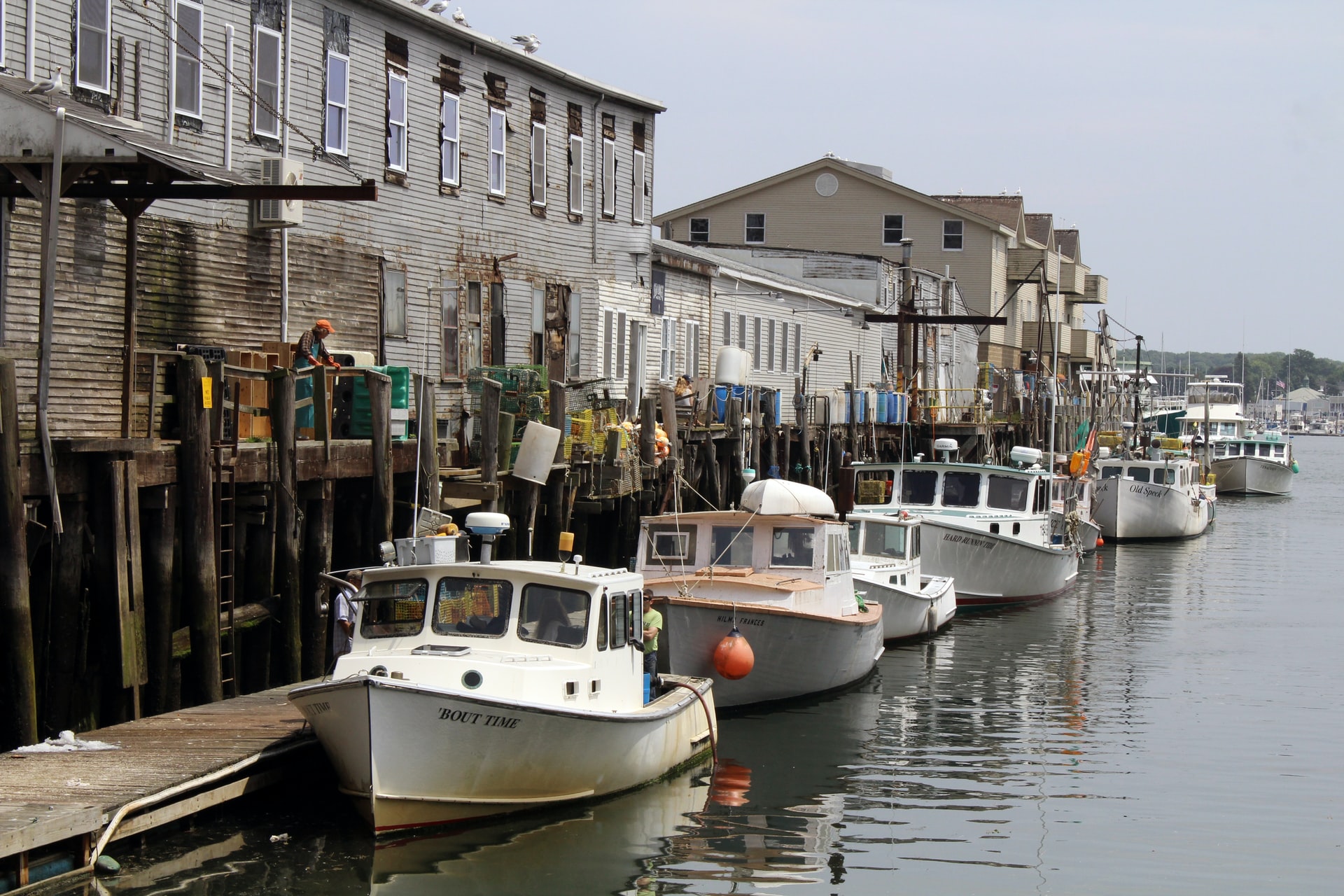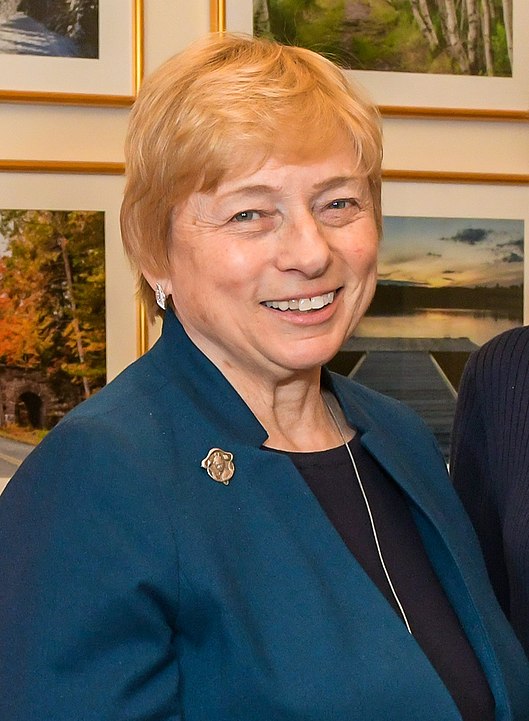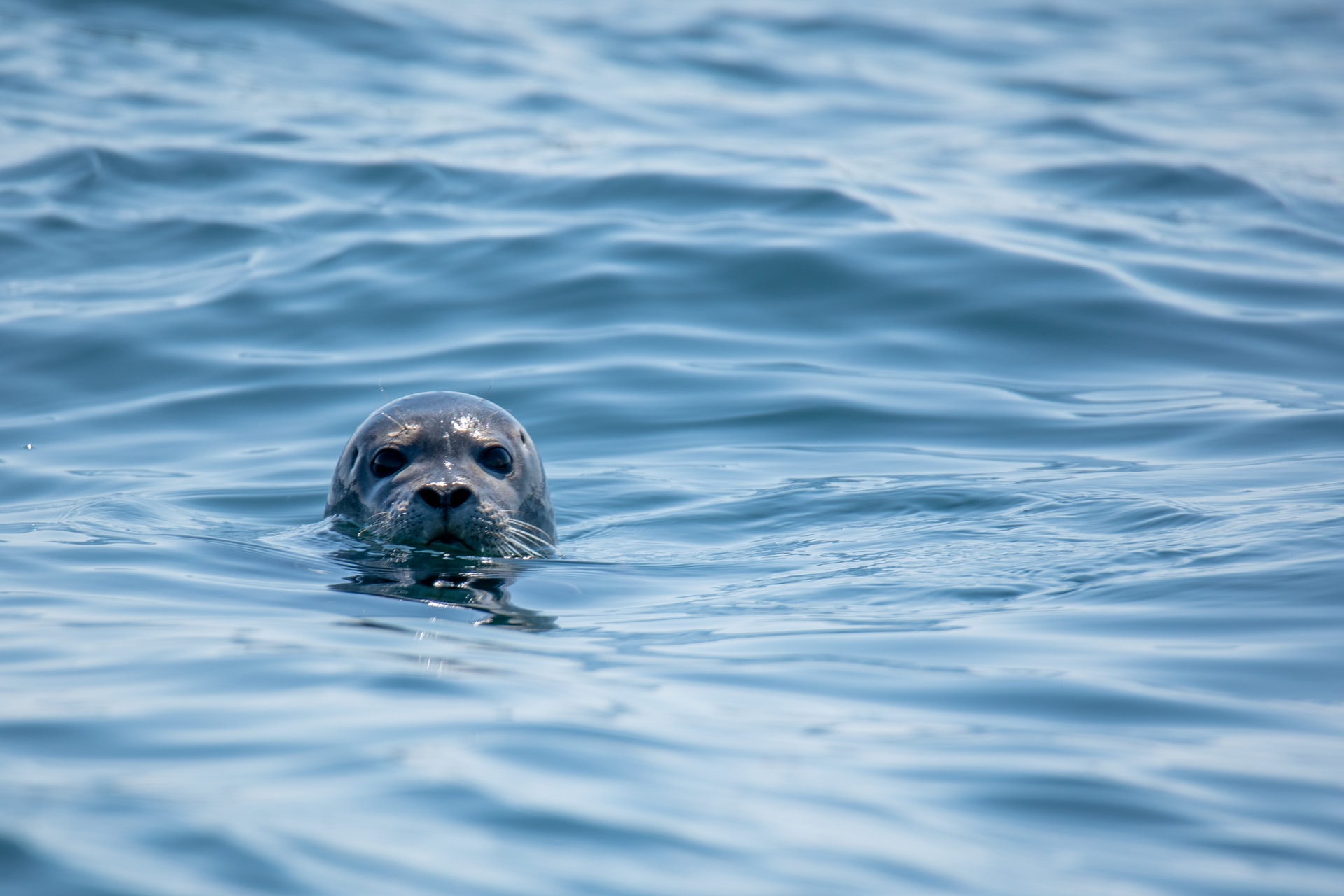
- Sustainable Planet -
- 4mins -
- 207 views
Maine just became the First US State to Make businesses Pay for Packaging Waste
Income generated from this “extended producer responsibility” scheme will be used to support local community recycling efforts that have previously relied on taxpayer dollars.
Maine Becomes First State to Make Big Business Pay for Packaging Waste
The Governor of Maine, Janet Mills (D) signed a bill establishing an ‘extended producer responsibility” programme that shifts costs of recycling and disposing packaging waste from consumers to companies and producers, becoming the first state in the US to do so and paving the way for other states to follow. — Earth.org

A historic new bill for recycling was passed in Maine on July 13
The new legislation shifts the responsibility and costs of disposing packaging materials and waste away from consumers and back towards the companies and manufacturers that made them. Companies will now be charged for collecting and recycling cardboard boxes, plastic containers, and other packaging materials, as well as the disposal of any non-recyclable packaging materials. Small businesses and nonprofit organisations are exempt from the law.
Source: Earth.org

Maine shifts costs of recycling from taxpayers to companies
The legislation on “extended producer responsibility” (EPR) for packaging will charge large packaging producers for collecting and recycling cardboard boxes, plastic containers and other packaging materials, as well as for disposing of nonrecyclable packaging. The income generated will be used to support recycling efforts in local communities that have long relied on taxpayer dollars.
EPR for packaging has been put into practice throughout Europe and in several Canadian provinces, including Maine neighbour Quebec. Many U.S. states already have EPR programs for goods that are hard to dispose of, such as batteries, mattresses and medicines.
The new packaging legislation was opposed by some business groups — including the Maine Grocers and Food Producers Association — that were concerned it would affect the supply chain and increase the cost of groceries. The law includes exemptions for small businesses and nonprofit organisations.
Source: WashingtonPost


Save Taxpayer Money and Make Recycling More Effective
Maine has joined more than 40 jurisdictions around the world to require companies that create packaging waste help pay for the costs of recycling!
On July 12, 2021, Governor Mills signed LD 1541 into law, making Maine the first state in the nation to pass an Extended Producer Responsibility (EPR) for Packaging law in response to a steady increase in packaging materials, including those from online retail, that is driving up costs for local cities and towns.
“The cost of recycling has skyrocketed, forcing Maine communities to abandon recycling efforts to stem huge price increases that fall on the property taxpayer. EPR for packaging is a step in the right direction by asking producers to be part of the solution.”
– Maine Municipal Association
A surge in trash and packaging materials is leading to more plastic pollution and costing taxpayers a lot of money as cities and towns struggle to deal with a flood of new waste.
The big corporations and fossil fuel companies responsible for creating wasteful packaging are ramping up production of new plastics and are not doing enough to help struggling local communities.
By adopting a proven solution called Extended Producer Responsibility (EPR) for Packaging, Maine can give its cities and towns much-needed resources to improve the long-term effectiveness of recycling. At the same time, EPR will create an incentive for companies to reduce wasteful packaging.
Source: National Resources Council of Maine



